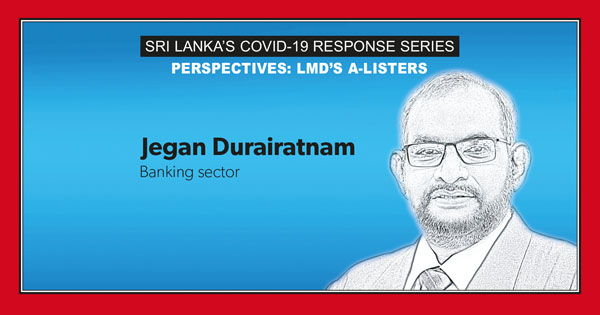OLD BUSINESS ORDER UNDER SCRUTINY
Q: How do you see the ‘new normal’ for business panning out? A: The ‘new normal’ has significantly challenged the market and established order of business. With COVID-19 and the subsequent economic, socioeconomic and value shifts, there will be a change in how various parties engage with the market. Consumers can…
Q: How do you see the ‘new normal’ for business panning out?
A: The ‘new normal’ has significantly challenged the market and established order of business. With COVID-19 and the subsequent economic, socioeconomic and value shifts, there will be a change in how various parties engage with the market. Consumers can be expected to shift their priorities, and society itself will be centred on the maintenance of public health through a combination of social distancing and good personal hygiene.
Businesses on the other hand, will have to embrace new ways of thinking as the virus has dismantled orthodox practices. There is a sudden relevance for platforms and practices many thought irrelevant before the crisis – such as e-commerce, work from home (WFH) and health.
For businesses, the new normal will encompass diversity in how they think and approach the market. Companies will soon find that portfolios must be realigned to address shifting consumer needs. Steps will have to be taken in order for them to stay relevant in the current context. We can conjecture with some certainty that there will also be an increase in subsequent innovation and a focus on public health in the future.
Q: What lessons have we – the business community – learnt from this crisis?
A: The overarching lesson the business community can take from this calamity is that Sri Lanka isn’t immune to market shocks from global crises as previously thought, and must become more self-sufficient and robust. In my opinion, the business community must look toward broad basing our export market significantly. Initially, when the virus spread in Sri Lanka, the community was a little slow to respond and understand the gravity of its impact on the economy and public.
However, since then we have seen commendable collaboration between actors in the private sector and the state across the value chain; and we have learned to adapt very quickly and become agile. In Sri Lanka, there has been growth in e-commerce, and several companies adopted WFH policies in order to keep business flowing. We must now ask in the post-COVID environment whether we should be taking forward the changes the virus has forced us to make in order to evolve for the future.
Q: How do you view Sri Lanka’s COVID-19 response so far? What are the pros and cons?
A: In light of the chaotic response a year ago during the Easter Sunday attacks, I think the state response has been far more organised. It has prioritised public health, and the central committee that oversees state strategy to contain COVID-19 has kept this in mind in its attempts to sustain health security and economic activity.
However, we could have adopted a better collaborative effort in retaining essential services as observed in countries like South Korea and Australia where a modicum of movement is permitted for essentials. Having said that, I feel the government did try this and it is we, the citizens, who haven’t been disciplined enough to support its endeavours.
So unfortunately, the economy was brought to a complete standstill, and this has significantly affected SMEs and stakeholders of all businesses. The public could be better educated on how particular channels operate, and which of these channels are truly essential.
For example, we saw a complete lack of social distancing in places like wine stores when the state tried to lift the curfew in the outstations. The state, the private sector and the general public need to do more in maintaining disciplined and safe movements in order to eliminate the spreading of the virus at the community level. This is paramount in order to support the economy and businesses, and mitigate the impact of the economic crisis.
[wprpw_display_layout id=2]






